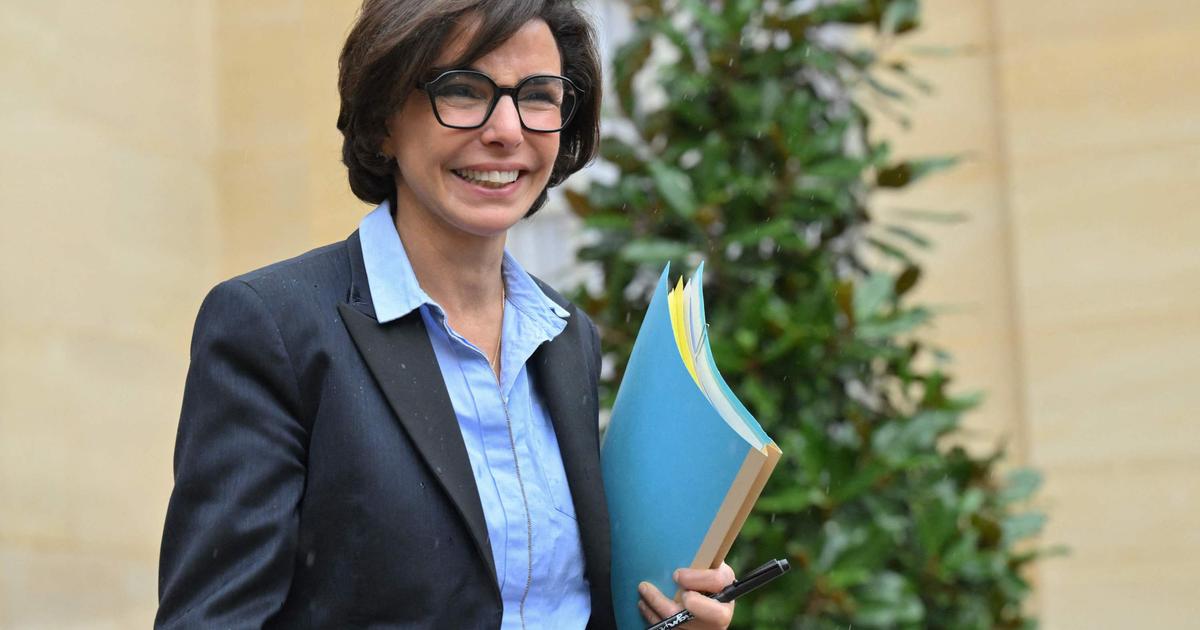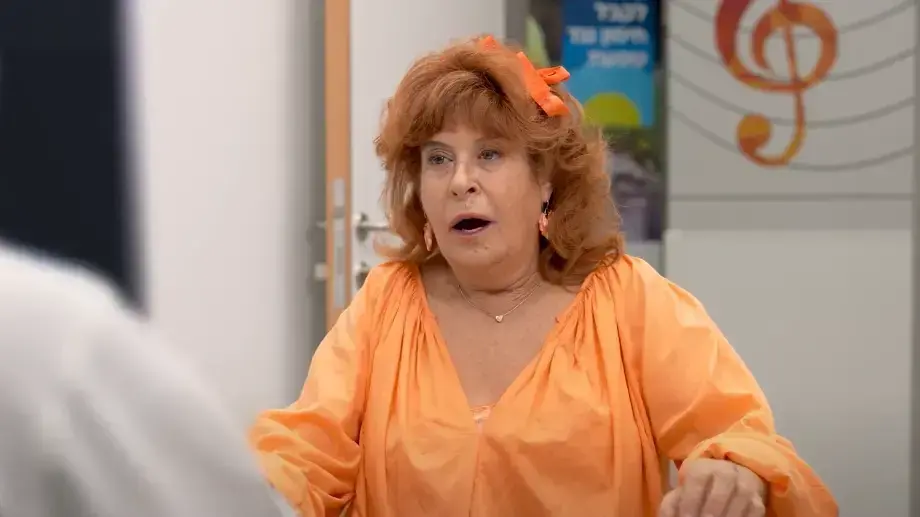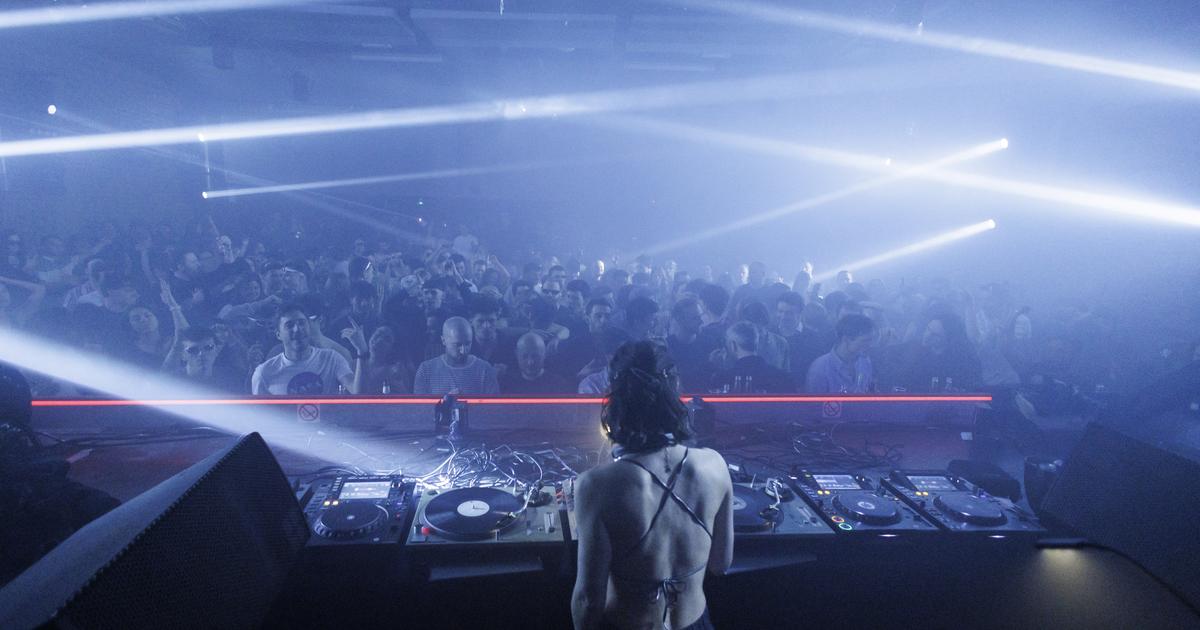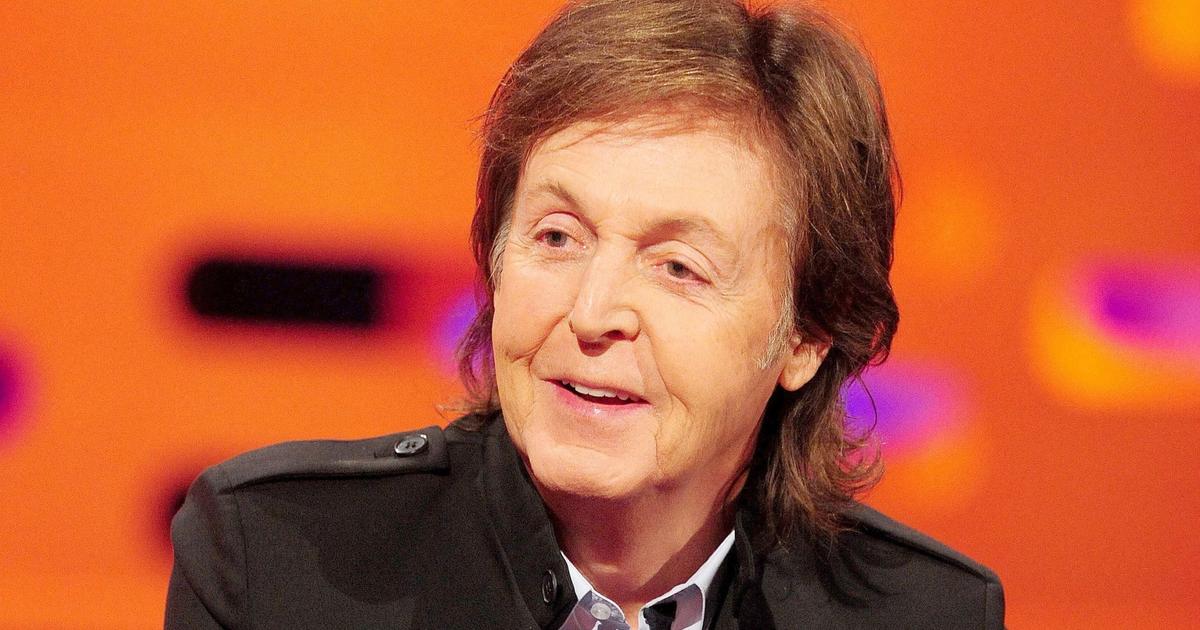Icon: enlarge
DJ Paul van Dyk at the Festival "Nature One" 2018
Photo: Thomas Niedermueller / Getty Images
SPIEGEL:
Mr. van Dyk, you are one of the patrons of an open letter on electronic music culture that says: "The electronic music scene has long been a culture and a valuable part of the country. And yet you are silent, dear rulers."
Minister of State for Culture Monika Grütters announced in August that she would support clubs with 27 million euros.
That doesn't sound like silence.
Van Dyk:
Financial aid is one thing.
But the whole cultural area is neglected by the ruling politicians.
Why is it only when everything is going well that it is said that culture and sport are the glue of society?
Why are they silent now?
For many, it is part of the culture to go to the theater on Friday or Saturday evenings or to listen to a classical concert.
For many, going to the cinema is part of the culture.
And when Herr Heil says to Markus Lanz that he really misses going to the pub in the afternoon and drinking a beer, which is part of culture for him, then I have to say: It is just as much part of culture for many, dancing to electronic music on weekends.
"Why is it only when everything is going well that people say that culture and sport are the glue of society?"
Paul van Dyk
SPIEGEL:
When dancing in clubs, there is a high risk of getting infected.
Aerosols are also distributed indoors over distances, especially if there is not enough ventilation.
If you dance in a room, i.e. do sports, you have more breathing volume.
This means that more viruses can potentially escape from the lungs.
Van Dyk:
There is no question that everything is not possible at the moment and that we have to protect older and pre-ill people in particular.
But there are also concepts for interiors that have been developed and approved by experts.
It must be possible to implement it.
But for that a clear statement would have to come from politics.
For me, it's not just about electronic music or club culture, but about the entire volume of culture, the mass of creative people in Germany.
We artists are currently all in the same boat.
"I don't care that I want any handouts from the state."
Paul van Dyk
SPIEGEL:
The 27 million euros promised by Grütters are a contribution to this cultural volume.
Van Dyk:
Sure.
However, I am not an economist and I cannot say whether 27 million is enough or not.
But my main concern is not that I want to be financially supported by the state.
I just want to be able to work again.
SPIEGEL:
The open letter says: "The corona pandemic is robbing the protective places for the people, the clubs and festivals".
Corona makes the clubs more vulnerable and dangerous places.
How can clubs be protective places during the pandemic?
Van Dyk:
There is a lot of talk about "illegal parties" that are contributing to the spread of the virus.
So it's absurd to close clubs and function rooms.
These would be exactly the locations in which you could implement hygiene concepts, where you could track who was there when.
That doesn't work when people go to the supermarket before 10 p.m., buy alcohol and then celebrate together in a small apartment.
"We're a bit more than robots that wake up in the morning, work and worry."
Paul van Dyk
SPIEGEL:
Aren't precautionary measures - such as not going to clubs or parties during the pandemic - more important?
Van Dyk:
As I said, there are hygiene concepts from professionals.
We are also a little more than robots that wake up in the morning, work and worry.
Just as Mr. Heil sees his afternoon beer as part of his culture, many, including younger people, feel it is part of their culture to dance to their favorite music with their friends.
SPIEGEL:
Does club culture work without license?
Van Dyk:
If you ask this question to a hundred people, you will get a hundred different answers.
My answer is very simple: for me, music was and always is the driving element, not licentiousness.
SPIEGEL:
You are considered the pioneer of the streamed Corona DJ sets.
You should have performed in Moscow in March, instead you played a set broadcast live from Berlin.
Is live streaming a way out of the club culture crisis?
Van Dyk:
No.
For my streams, I pay for the technology, the technicians behind it, the social media team.
It's not something you can get by as an artist.
Unless you're as established as the U2s or Justin Biebers of this world.
SPIEGEL:
What do you think the club culture will look like after the pandemic?
Van Dyk:
I am a positive person.
So I assume that we will all find ways together to get through this.
Once you can go to events again without a hygiene concept, it will be as
passionate
as before.
I realize that not everyone reading this interview will understand that.
But to hear your favorite song out loud, to close your eyes in a room with other people and just drift away, that's something special.
Icon: The mirror









